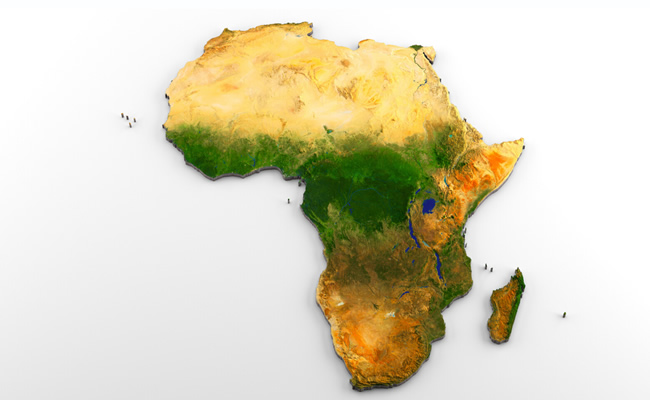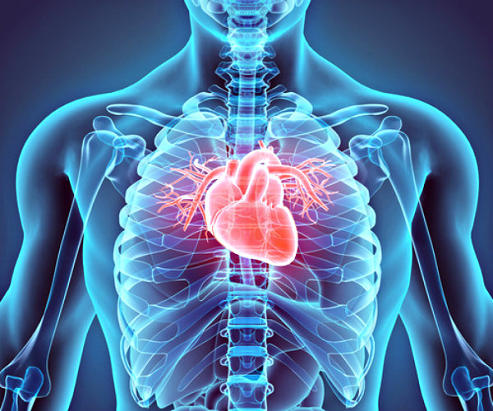The lockdown and stay-home measures taken by countries in Africa to curb the spread of COVID-19 are having serious impacts on girls on the continent, Plan International and African Child Policy Forum report has said.
According to the report, the impact of COVID-19 is more severe on girls who are already faced with marginalisation, exclusion and discrimination, adding that the pandemic has affected all girls regardless of their age, social or economic background.
The report, titled, ‘Under Siege: Impact of COVID-19 on Girls in Africa’ released by ACPF to mark the 2020 World Humanitarian Day, captured the voices and experiences from girls and the perspectives of government officials, parliamentarians, NGO executives and child protection officers in Ethiopia, Kenya, Malawi, Nigeria, Sierra Leone, South Sudan and Uganda.
The report revealed that quarantines, stay-home measures and movement restrictions related to COVID-19 have brought potential victims and potential perpetrators together under the confines of the home setting, thereby increasing girls’ close and constant exposure to abuse and violence.
According to 2020 estimates, Africa counts about 308,768,000 girls under 18, the majority of whom are school-going children, hence currently staying at home in lockdowns across the continent.
READ ALSO: COVID-19: Nigeria records lowest cases in four months
The report noted, “These girls are experiencing heightened anxiety engendered by circumstances surrounding quarantine and confinement that have emboldened perpetrators’ predisposition to abuse their positions of power, trust and authority over others under lockdown with them.
“Under those circumstances, young women and girls would be fearful to go to a hospital to seek healthcare or sexual and reproductive services.
“Even in emergencies, they do so at the real risk of assaults, unreasonable quarantines, or arbitrary detention for lockdown, movement restriction and curfew violations.
“The COVID-19 pandemic has affected all girls regardless of their age, social or economic background.
“But, its effect on girls who have already been victims of marginalisation, exclusion and discrimination has been disproportionately severe and more likely to have long-lasting and irreversible impacts.
“Girls with disabilities, girl domestic workers, girls living and/or working on the street and in urban slums, girls in institutional care, and detention centres and refugee and stateless girls have especially been more severely affected.
“Girls with disabilities contacted in Ethiopia, Kenya and Uganda complained that the media messages around COVID-19 are not generally packaged in a manner that is accessible to the disability community.”
“With hotels and shops closed and streets empty, girls living and/ or working on the street who normally rely on food handouts from hotels and restaurants and street trade are struggling for survival.
“About 56 per cent of the urban population in sub-Saharan Africa is concentrated in overcrowded and poorly serviced slum dwellings and only 34 of the households have access to basic handwashing facilities, raising serious concerns in the context of COVID-19”, the report added.
As gathered by Daily Times, the report also showed that the pandemic had thrown millions of families – up to 29 million – further into extreme poverty and affected access to social services.
It said, “Health systems have diverted attention from immunisation programs, sexual and reproductive services and high prevalence conditions such as malaria, HIV/AIDS and TB.
“Schools have been disrupted, which are not only the only safe space for many girls in Africa but also the only source of a decent meal for hundreds of thousands.
“More than 120 million school-going girls are currently at home and many of them fear that they may not be able to go back to school.”
Some of the girls in the report prayed that the government finds a solution to this disease as soon as possible so that they can go back to school.
Reacting to the report, ACPF Executive Director, Dr. Joan Nyanyuki, said, the COVID-19 pandemic is the single most important challenge facing African children today.
“It is life-threatening, economically and socially devastating and with potentially painful aftermath that calls for proactive, concerted measures”, the executive director said.
Corroborating Nyanyuki’s view, Director for Plan International AU Liaison Office, Sam Norgah, stated
that the impact of COVID-19 on girls is very devastating and will require coordinated and holistic approaches that recognise and place gender at the centre of the continent’s responses.
ACPF, therefore, called for urgent interventions to address spiralling rates of violence girls and women in Africa as COVID-19 intensifies and lockdown continues.








Leave a Comment
You must be logged in to post a comment.